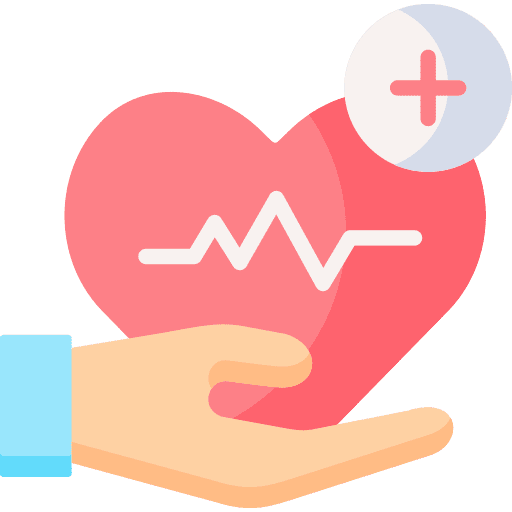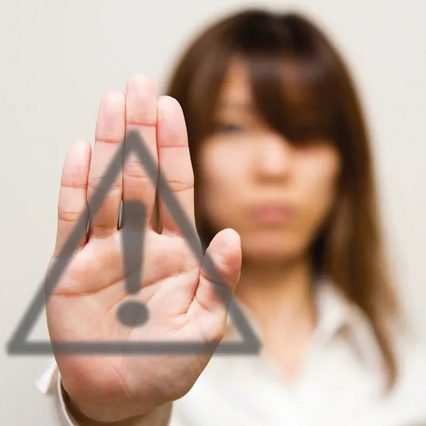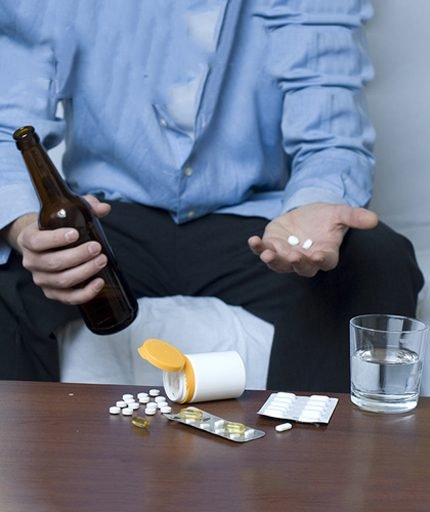Fluctuations in Patient Attitudes & Behaviors
While the patient in Sulgan is suffering from painful internal conditions and twisted thoughts, the observer can also clearly see the fluctuation of the patient’s behavior and mannerisms, especially before certain symptoms are evident in these patients. Are also called they can also be considered warning signs of relapse.
Relapse is called apostasy in Urdu. The word apostasy is derived from “apostate” which means to believe and go back. Relapse is a nightmare in the world of drug treatment that no one likes to talk about and listen to openly. The patient’s family considers it ominous and the physicians shy away from it and this is the combination that works behind most relapses. Talking about relapses ahead of time, predicting it, tying the knot in front of it, paves the way for healing.
It is often thought that a patient who resumes intoxication after treatment will be called a relapse. This is not true. Many patients happily relapse. Relapses will only occur when the patient understands the disease well and is convinced that he or she can no longer safely relapse and that re-use will ruin his or her life. He should learn a rehabilitation plan and follow it and if he still fails to stay away from drugs then it will be considered a relapse.
In addition, willpower may have been used to prevent intoxication, hands, and feet may have been killed, and finally, when the courage has responded, it will also be called relapse. Some people believe that just because they are abstaining from drugs does not mean they have to worry about relapses. What they don’t realize is that rehabilitation is not just about quitting. The fact is that most people are not addicted to drugs but they are not sober. These people are at high risk of relapse.
It is not possible to understand the process of relapse without understanding the circumstances in which a relapse occurs. Although most research on relapse has been done on heroin and alcohol addicts, there is ample evidence to show that the same relapse prevention methods can be used for other drugs. So most of the time we will just use the word “drug” without mentioning any specific drug.
To understand and avoid relapse, it is important that you understand the rehabilitation process and also understand what incomplete rehabilitation is. Here we will describe the whole process of restoration and see why sometimes the restoration stops before it is completed. We will also look at some of the misconceptions about relapses. These misconceptions increase the risk of relapses and changing them can help prevent relapses.
When many people think of “relapse,” they are talking about the act of becoming addicted. Of course, drug use is relapse, but research has shown that the process of relapse begins before drug use. Some deterioration has already begun before drug use. They have no control over their decisions and behavior and they start experiencing some emotional or physical problems. Relapse is the opposite of recovery. It doesn’t mean you’re relapsing if you have trouble recovering or experience pain.
This means that if you are not doing the things that are necessary for recovery in general, you are unconsciously moving towards relapse. If you are stuck, you are at high risk of relapse. Recovery from addiction begins when you begin to admit that you cannot use drugs safely. But it is not enough to just know that drugs are harmful, you must also stop using them. Abstinence from addiction is only the beginning of the recovery process, it is only a starting point to achieve the goal of a happy life.






